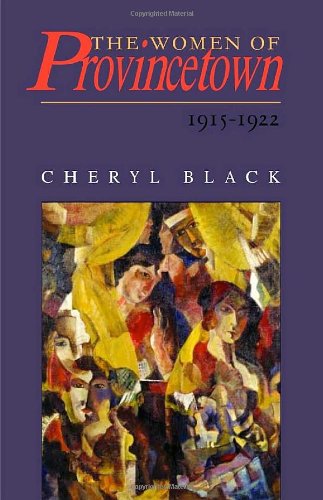

Most ebook files are in PDF format, so you can easily read them using various software such as Foxit Reader or directly on the Google Chrome browser.
Some ebook files are released by publishers in other formats such as .awz, .mobi, .epub, .fb2, etc. You may need to install specific software to read these formats on mobile/PC, such as Calibre.
Please read the tutorial at this link: https://ebookbell.com/faq
We offer FREE conversion to the popular formats you request; however, this may take some time. Therefore, right after payment, please email us, and we will try to provide the service as quickly as possible.
For some exceptional file formats or broken links (if any), please refrain from opening any disputes. Instead, email us first, and we will try to assist within a maximum of 6 hours.
EbookBell Team

4.0
96 reviewsPerhaps most notable for its discovery of two significant American playwrights--Eugene O'Neill and Susan Glaspell--and for its role in developing an American tradition of non-commercial theatre, the Provincetown Players collective has long been appreciated for its meaningful contributions to American drama. An outgrowth of the Greenwich Village community of politically minded artists and intellectuals, the group became convinced that theatre was essential to America's spiritual and social regeneration. The company ultimately produced nearly 100 plays by more than 50 American writers.
In this thoroughly engaging work, Cheryl Black argues that Provincetown has another, largely unacknowledged claim to fame: it was one of the first theatre companies in America in which women achieved prominence in every area of operation. At a time when women playwrights were rare, women directors rarer, and women scenic designers unheard of, Provincetown's female members excelled in all these functions, making significant contributions to the development of modern American drama and theatre. In addition to playwright Glaspell, the company's female membership included the likes of poets Edna St. Vincent Millay, Mina Loy, and Djuna Barnes; journalists Louise Bryant and Mary Heaton Vorce; novelists Neith Boyce and Evelyn Scott; and painter Marguerite Zorach.
A solidly researched and engagingly written piece of social history, this book offers new insight into the relationship between gender and theatre and will attract a broad readership, including students and scholars of theatre, women's studies, feminism, and American Studies, and members of the general public interested in any of these issues.